
“I think the training went great. You provided a lot of good information that we need.”
Fully accredited. Globally recognized. Built for the next generation of Addiction & Mental Health Professionals.




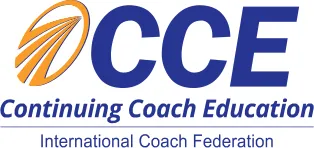




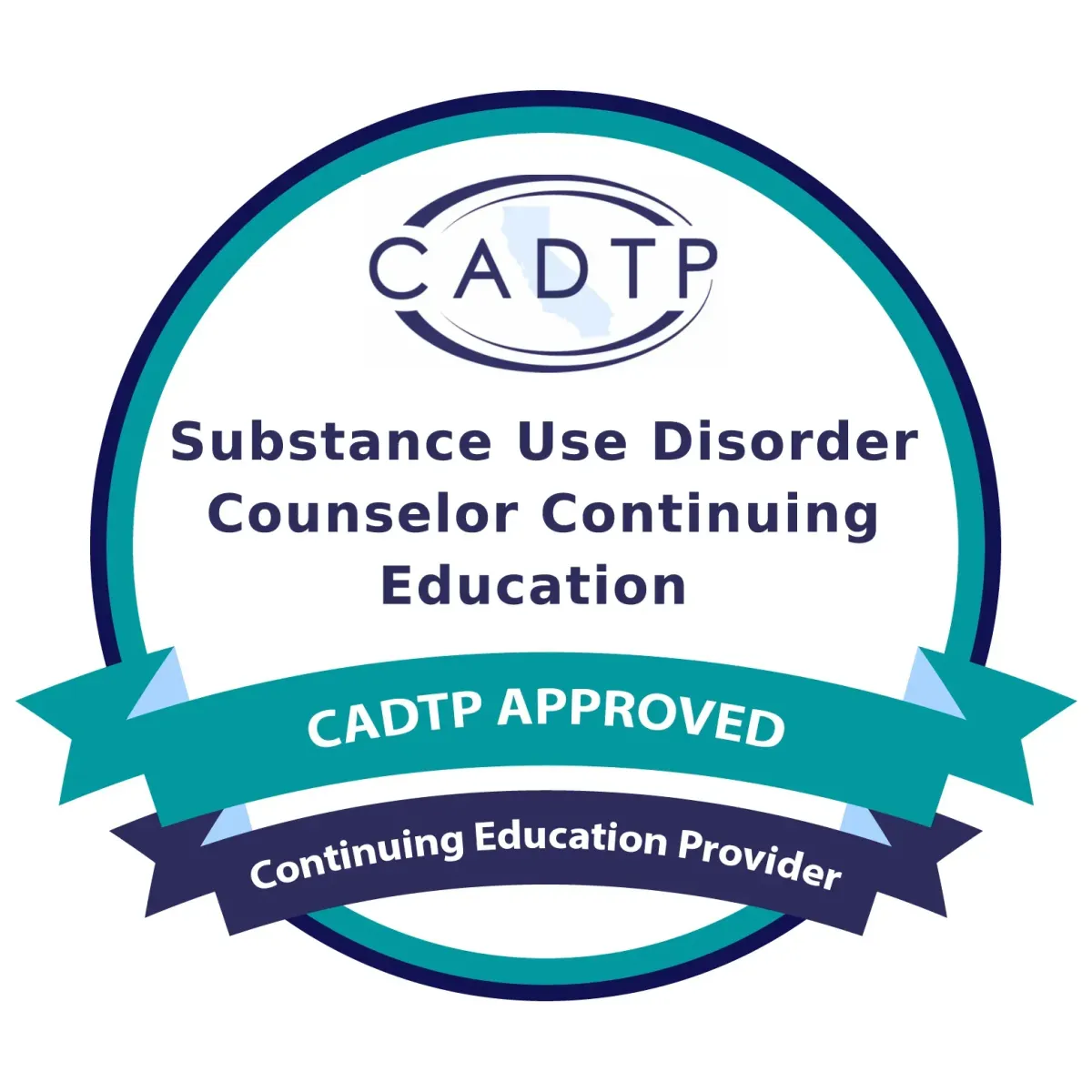

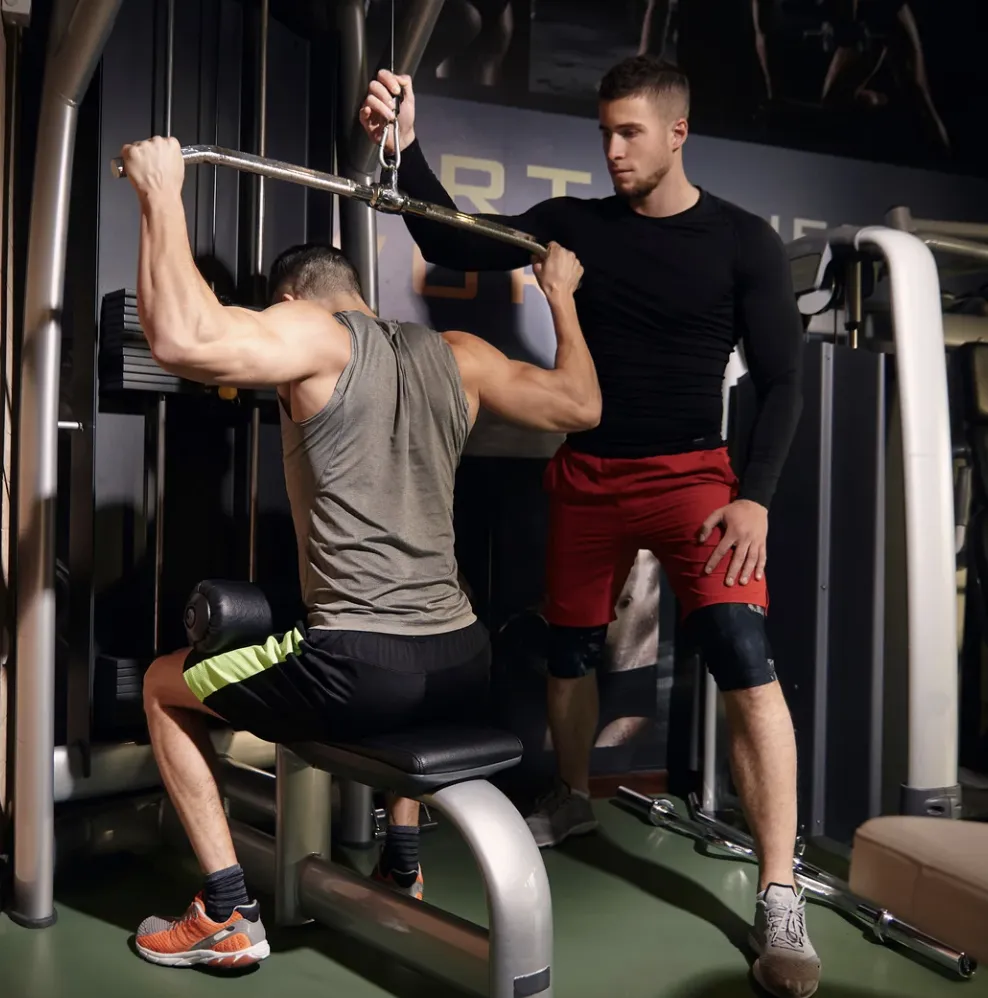
The Certified Fitness Recovery Coach program emphasizes a holistic approach, focusing on the convergence of mental, spiritual, and physical fitness. It teaches participants how to guide individuals in recovery through healthy eating habits, appropriate exercise routines (initially focusing on weight training over excessive cardio for many), and the importance of a spiritual foundation to avoid ego-driven fitness.
This comprehensive program, developed by Boris Schaak (Founder of Sober Fitness) and offered through The Addictions Academy, provides training that integrates the principles of physical fitness and nutrition with a spiritual foundation to support long-term recovery from addiction.
This course is designed for professionals in the recovery field (therapists, recovery coaches, BHT staff, etc.) and personal trainers who want to gain a deeper understanding of the unique fitness and nutritional needs of individuals in recovery, empowering them to achieve lasting sobriety and a healthier lifestyle. It highlights the untapped potential in collaboration between rehabs, treatment centers, and fitness professionals who understand the intricate connections between recovery, training, and a spiritually-based fitness routine.

Establish structure and accountability through workout routines.
Replace destructive habits with positive, repeatable actions.
Reinforce sobriety by aligning physical, mental, and spiritual health.

Create consistent nutrition and exercise schedules.
Teach clients how “happy hormones” impact mood and relapse prevention.
Replace negative patterns with positive, sustainable daily rituals.

Understand the role of nutrients, hydration, and balanced meals.
Guide clients away from sugar crashes and emotional eating.
Use food as a foundation for emotional and physical stability.

Learn which vitamins and supplements aid early recovery.
Avoid triggers like pre-workout stimulants and “liquid crack.”
Use simple, safe supplementation strategies to speed healing.

Review basic body systems, muscle groups, and functions.
Understand the impact of addiction damage on the body.
Build fitness plans that heal without overtraining or ego-driven lifting.

Use progressive fitness programs (1–6 months and beyond).
Provide options for clients without gym access (bodyweight, bands, home routines).
Adapt plans for different recovery stages, ages, and body types.


Integrate fitness coaching into addiction recovery programs.
Design safe, effective workout plans for clients in sobriety.
Explain the link between nutrition, brain chemistry, and relapse risk.
Teach clients how to rebuild confidence through routines.
Apply anatomy basics to prevent injury and support healing.
Recommend supplements that aid recovery while avoiding triggers.
Adapt workouts for clients without gym access or equipment.
Position themselves as specialists who bridge recovery and fitness.
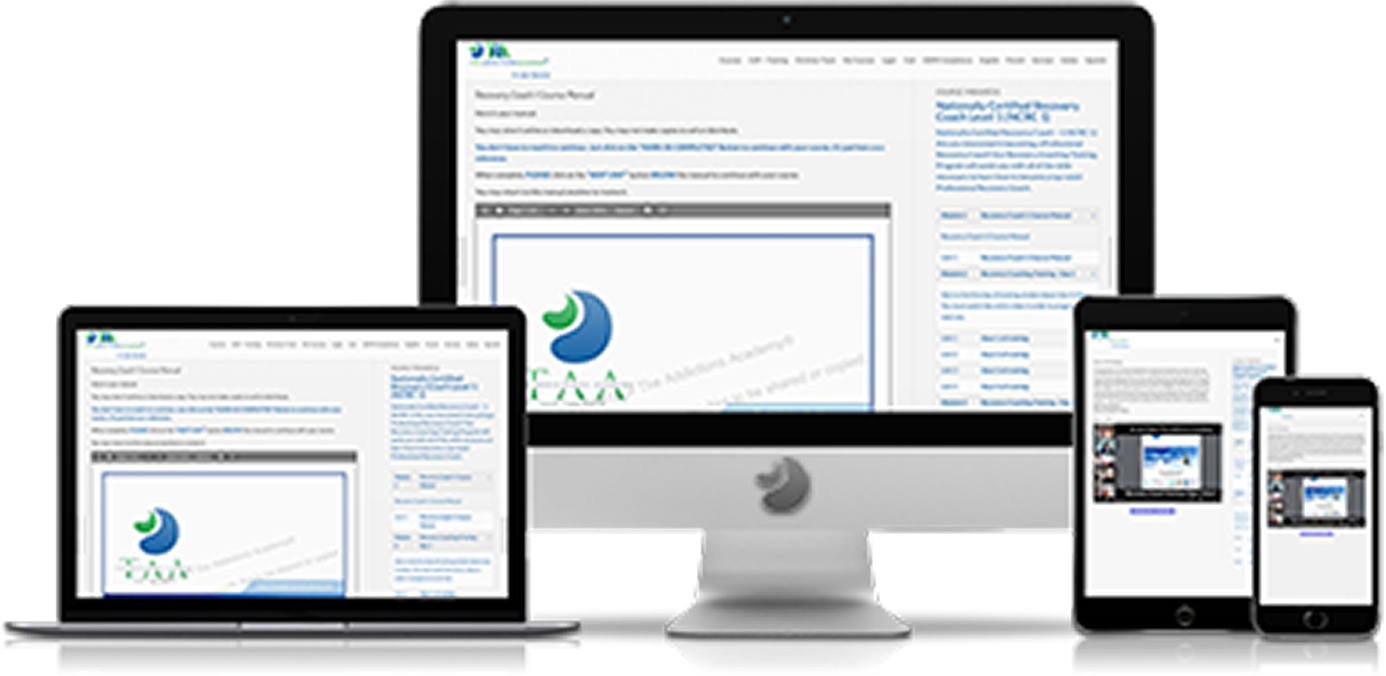


20 CEU/CME/CE/Hrs
Inside you’ll find more than 60 pages of expertly written training content that blends fitness, nutrition, anatomy, and recovery principles into one powerful system. The manual walks you step by step through how to integrate fitness routines into the recovery process, from the science of “happy hormones” and emotional nutrition to structured workout programs that build confidence without feeding ego-driven behavior.
Each chapter is designed to give you not only knowledge but also client-ready tools you can use immediately. You’ll learn how to design safe and effective workout routines, explain the connection between food and mood, and help clients shift from destructive cycles to healthy habits that last. It even includes detailed six-month workout plans, stretching sequences, and at-home adaptations — so you’ll always have options whether your clients are in a treatment facility, a gym, or their own living room.
By the time you’re done, you won’t just understand the principles of fitness in recovery — you’ll have a ready-to-use framework for coaching clients, improving outcomes, and standing out as a professional who addresses the whole person: body, mind, and spirit.

This opening chapter lays the foundation by showing how fitness and recovery mirror one another. Clients learn that routines, structure, and accountability are just as critical in the gym as they are in sobriety. You’ll see how a spiritual approach to fitness — rather than ego-driven “no pain, no gain” workouts — helps individuals rebuild physically while strengthening their emotional and spiritual recovery.

Recovery requires more than just quitting substances — it demands new habits. This chapter teaches how to replace negative cycles with positive ones, from emotional nutrition to daily routines that create balance and stability. You’ll explore the science of “happy hormones,” understand how food and movement influence mood, and learn strategies to help clients build consistent habits that support long-term recovery.

Nutrition is one of the most overlooked aspects of recovery, and this chapter fills that gap. It covers the essentials of healthy eating, hydration, and meal planning while connecting food choices directly to mood regulation, energy levels, and relapse prevention. From understanding macronutrients and portion control to creating meal plans that fit recovery needs, you’ll gain practical tools for guiding clients toward lasting wellness.

People in recovery often come into coaching with depleted bodies. This chapter explains which supplements can safely aid the healing process — and which “quick fixes” may actually trigger setbacks. You’ll learn about vitamins, protein powders, amino acids, and creatine, along with guidance on avoiding risky stimulants, energy drinks, and fat burners. The goal is to equip clients with sustainable support, not dangerous shortcuts.

To coach fitness safely, you need to understand how the body works. This chapter introduces the fundamentals of anatomy, including the heart, lungs, blood, muscles, and skeletal system. You’ll learn how addiction impacts these systems and how to use this knowledge to prevent injury, monitor progress, and create recovery-appropriate workout plans. It’s the science behind the practice, simplified for real-world application.

Here, the focus turns to applying fitness strategies in recovery. You’ll explore the role of weight training, cardio, and stretching — and why balance is essential for clients who are rebuilding after addiction. This chapter emphasizes tailoring fitness to each individual’s recovery stage, making exercise a tool for healing rather than another obsession. Coaches are also taught how to “speak recovery” so that workouts reinforce, rather than undermine, sobriety.

This is where theory becomes practice. You’ll get complete training plans that progress from the first two months of recovery all the way through six months and beyond. Each routine is designed to help clients regain strength, confidence, and stability without overtraining or risking relapse. Warm-up chants, stretching sequences, and split routines for both men and women give you everything you need to guide clients step-by-step through a safe, empowering fitness journey.

Not everyone has access to a gym — and in recovery, accessibility matters. This chapter equips you with creative, effective workouts that can be done at home with simple equipment like resistance bands, dumbbells, or just bodyweight. You’ll learn how to adapt exercises to each client’s environment and recovery stage, ensuring fitness is never out of reach. The message is clear: healing doesn’t depend on fancy equipment; it depends on consistency and commitment.

6 CEU/CME/CE/Hrs
Gain a deep understanding of ethical responsibilities, including confidentiality, professional standards, report writing, case management, and legal compliance across state lines. Through practical scenarios, action planning, and guidance on boundaries, trust-building, and communication, participants learn to navigate complex ethical situations confidently.

Like any respected accredited program, your training concludes with a comprehensive final examination designed to validate your mastery of the material. Passing this exam isn’t just a formality — it’s the moment you prove, both to yourself and to the field, that you are prepared to practice at the highest standard. Unlike most institutions, we don’t tack on hidden fees. Your exam, grading, and official certification are fully included in your tuition.

Upon passing your exam, you'll get exclusive marketing seals and the right to use the NCFRC designation, showcasing your expertise and credibility as a Certified Fitness Recovery Coach. Enhance your professional profile, attract clients, and stand out in the coaching field.

Join 10 weeks of live group mentorship with a master coach to get personalized guidance, real-time feedback, and proven strategies for coaching. Collaborate with peers, ask questions, and apply new skills in a supportive, hands-on environment designed to accelerate your growth and confidence.

Enjoy 6 months of on-demand access to the full training, allowing you to learn at your own pace. Revisit lessons anytime, review key strategies, and reinforce your coaching skills whenever it fits your schedule.

Ready-to-use exercises and proven tools that make working with clients—or supporting loved ones in recovery—simpler, more structured, and more effective. It takes the guesswork out of what to do next and helps create real change instead of spinning in circles.

Be found by clients actively searching for addiction and mental health professionals.

Tap into a global network of certified professionals, mentors, and peers.

Keep leveling up your credentials and skills—while paying a fraction of the cost.

Nationally Certified Fitness Recovery Coach
26 Combined CEUs
WEEKLY LIVE CALLS
Expert Led
10 Weeks Of Mentorship
Move At Your Own Speed
Self Paced
With 6mo To Complete
BACK TO SCHOOL SPECIAL
$999
Regular Pricing $1997
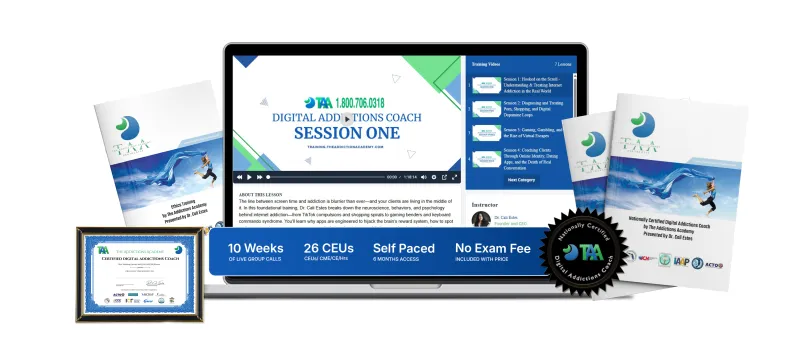

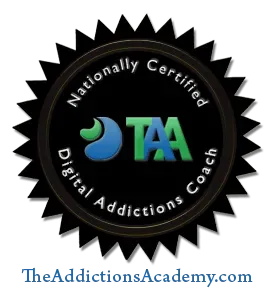
Digital Addictions Coach Certification Program
$999.00
Quantity
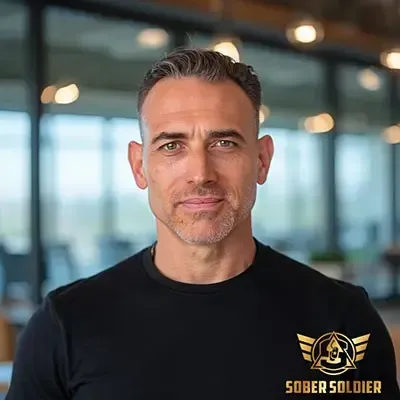
Boris's journey began with early training in yoga, meditation, and spirituality, which evolved into a lifelong passion for martial arts and weightlifting. After achieving accolades as Mr. Los Angeles and training at the renowned Gold's Gym in Venice, he gained invaluable experience from industry leaders in meditation, bodybuilding, nutrition, and even the medical profession, specializing in injury prevention and the profound importance of proper nutrition and supplementation.
Boris's unique expertise is deeply rooted in his personal triumph over addiction to alcohol and drugs. After finding recovery through a Twelve-Step program, he integrated his lived experience into his groundbreaking fitness approach. His philosophy, "Sober Fitness," champions a TOTAL integration—a powerful convergence of mental, spiritual, and physical fitness that moves beyond ego-driven aesthetics to cultivate true self-esteem and lasting sobriety.
As a Personal Trainer, Sober Coach, and Sober Companion, Boris has been a catalyst for countless successful recoveries, helping clients regain physical abilities, expand career potentials, and transform their lives from the inside out. He is committed to sharing his passion and mission to guide others toward holistic well-being and long-term recovery through a spiritually-based fitness lifestyle.

A Fitness Recovery Coach is a certified professional who helps people in recovery rebuild their physical health as part of their overall sobriety. Unlike a traditional personal trainer, a Fitness Recovery Coach understands the unique challenges of addiction — from depleted nutrition and low energy to body image issues and relapse triggers.
They integrate fitness, nutrition, and recovery language into coaching, creating safe, structured routines that support clients physically, mentally, and spiritually. The goal isn’t just to “get in shape” — it’s to help clients regain confidence, prevent relapse, and sustain long-term recovery through a balanced lifestyle.
In short, a Fitness Recovery Coach bridges the gap between treatment and wellness, making fitness an active part of the recovery process.
Absolutely. Most treatment centers focus heavily on therapy and counseling but overlook the role of physical health in recovery. This certification equips you with a specialized skill set that lets you introduce structured fitness and nutrition into client care. It not only strengthens recovery outcomes but also makes you more valuable to your employer, giving you a credential that sets you apart from other staff.
Coaches don’t diagnose or treat like therapists, and they’re not peers like sponsors. Instead, they focus on building routines, teaching life skills, and providing forward-focused accountability. In recovery, this means helping clients set goals, follow through on daily action steps, and create healthier patterns around fitness, nutrition, and self-care. That’s why many clients choose to add a coach alongside their therapist or sponsor — it completes the recovery team.
Nope. This certification is designed for coaches, mentors, educators, parents, and people with lived experience—no clinical degree or license needed. As long as you’re committed to helping others grow, and move forward, this program will give you the tools and credential to do it.
Coaches don’t diagnose or treat like therapists, and they’re not peers like sponsors. Instead, they focus on building routines, teaching life skills, and providing forward-focused accountability. In recovery, this means helping clients set goals, follow through on daily action steps, and create healthier patterns around fitness, nutrition, and self-care. That’s why many clients choose to add a coach alongside their therapist or sponsor — it completes the recovery team.
Most students complete the training and earn their certification in just a few weeks. You’ll have access to on-demand video modules, plus 10 weeks of live mentorship, so you can move at your own pace with expert guidance along the way.
Help clients heal their body and mind through nutrition, exercise, and spiritual balance
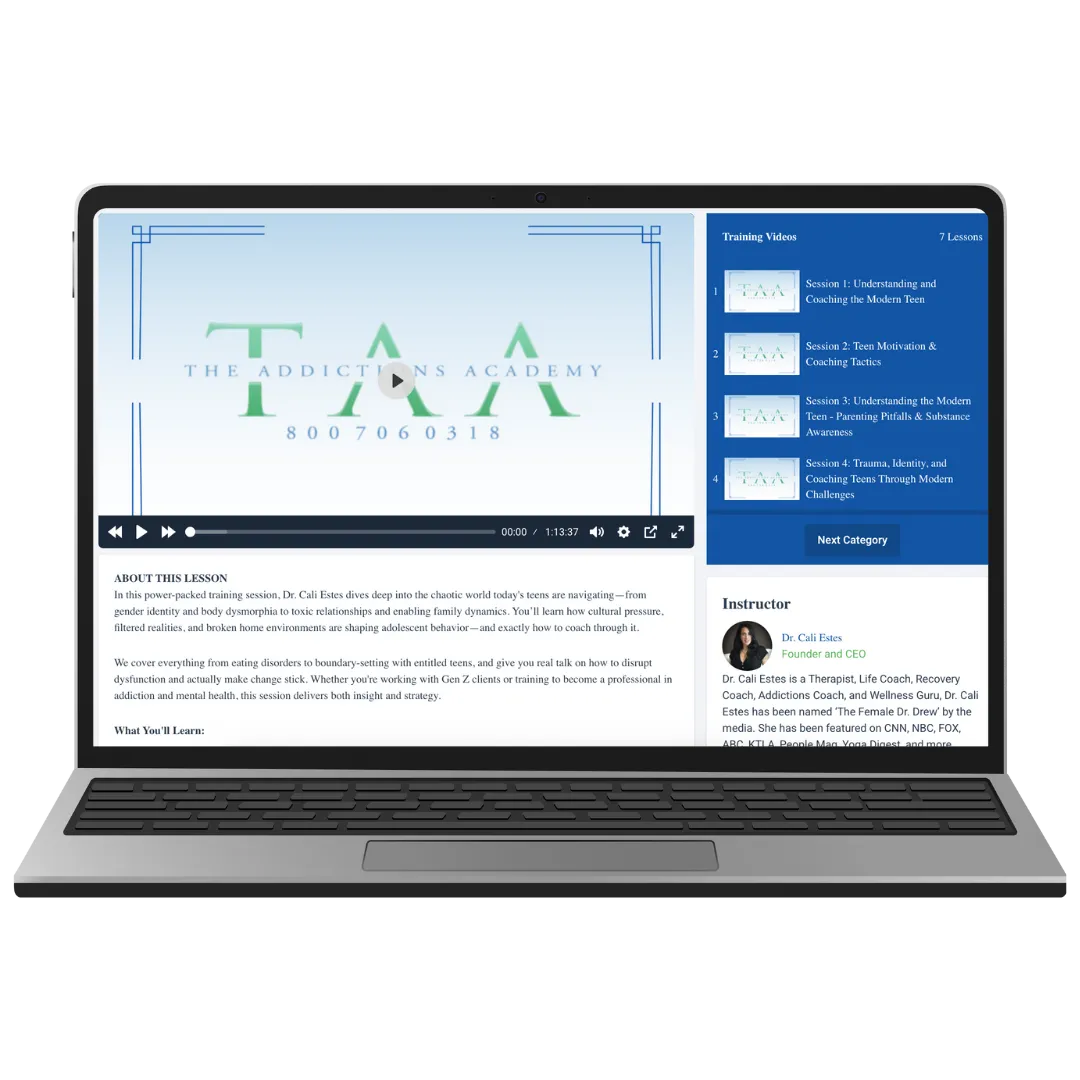
Help clients heal their body and mind through nutrition, exercise, and spiritual balance
No application or pre-requisites needed for our certifications. Start your journey with us today!
No application or pre-requisites needed for our certifications. Start your journey with us today!
$999
Next Live Group Coaching Call Starts Tuesday, September 23rd. Self Study Materials Available Immediately Upon Registration
This Program Earns You A Nationally Recognized and Accredited Certification In Fitness Recovery
10 Weeks
OF LIVE GROUP CALLS
26 CEUs
CEUs/CME/CE/Hrs
Self Paced
6 MONTHS ACCESS
No Exam Fee
INCLUDED WITH PRICE

The World’s Premier Training Institute for Mental Health & Addiction Professional Development.
2046 Treasure Coast Pkwy Unit A, #207 Vero Beach FL 32960